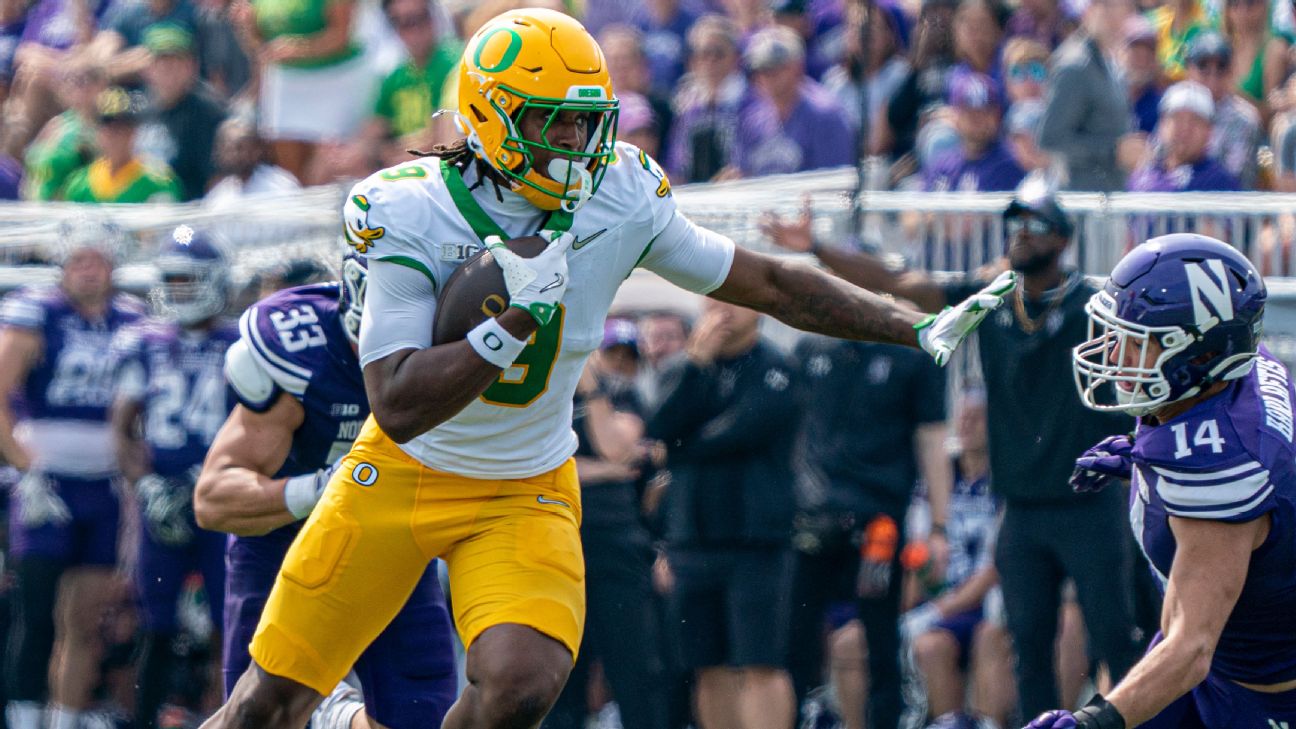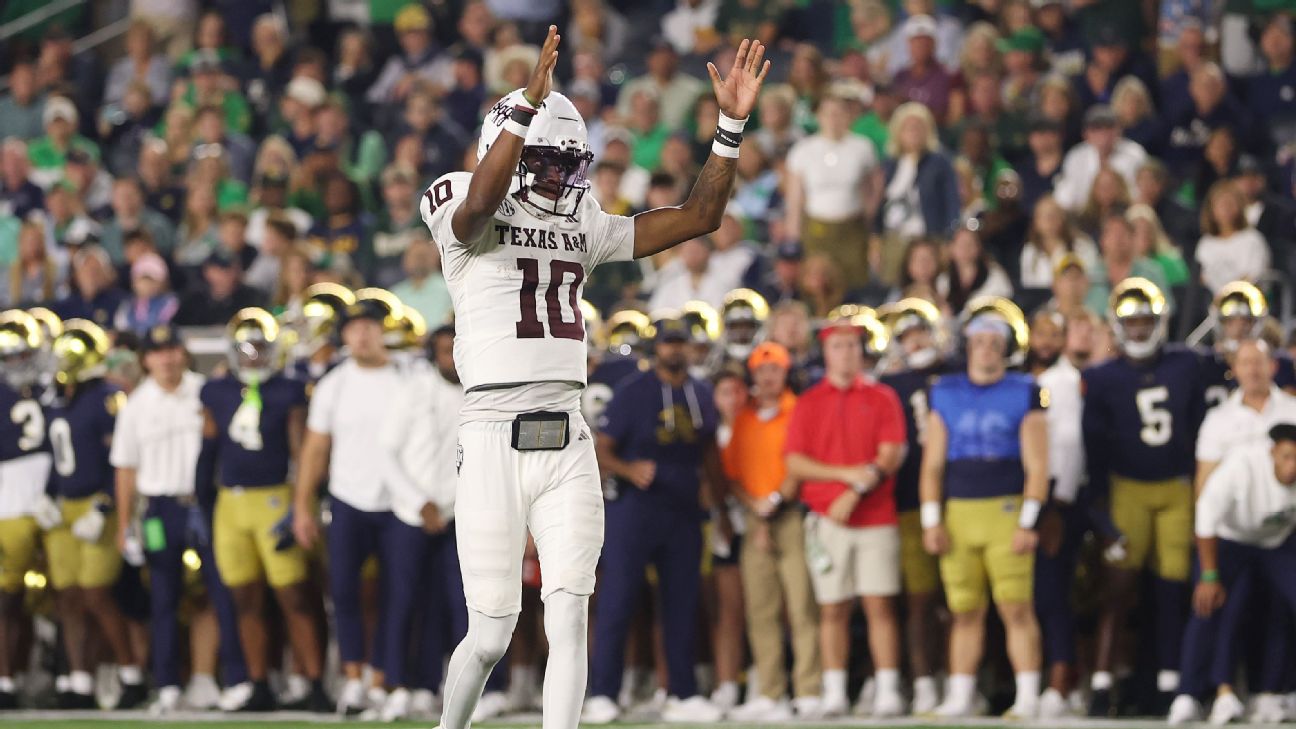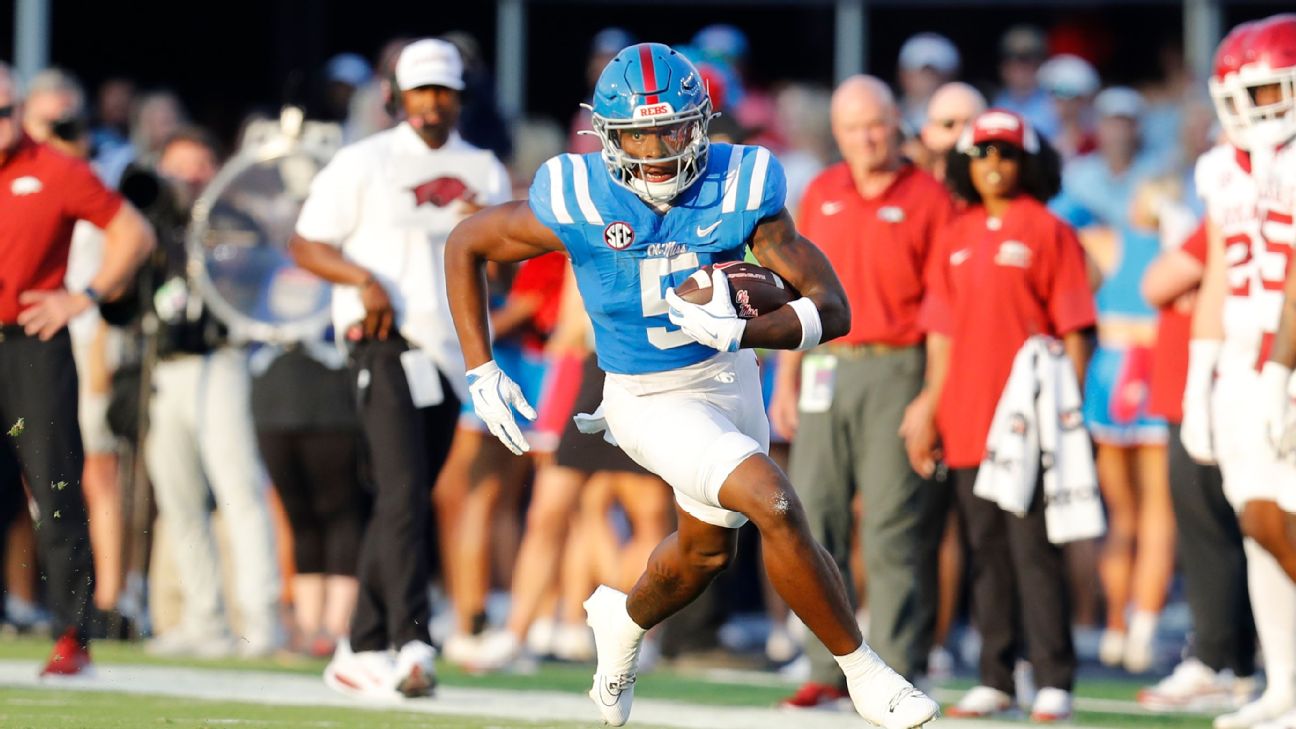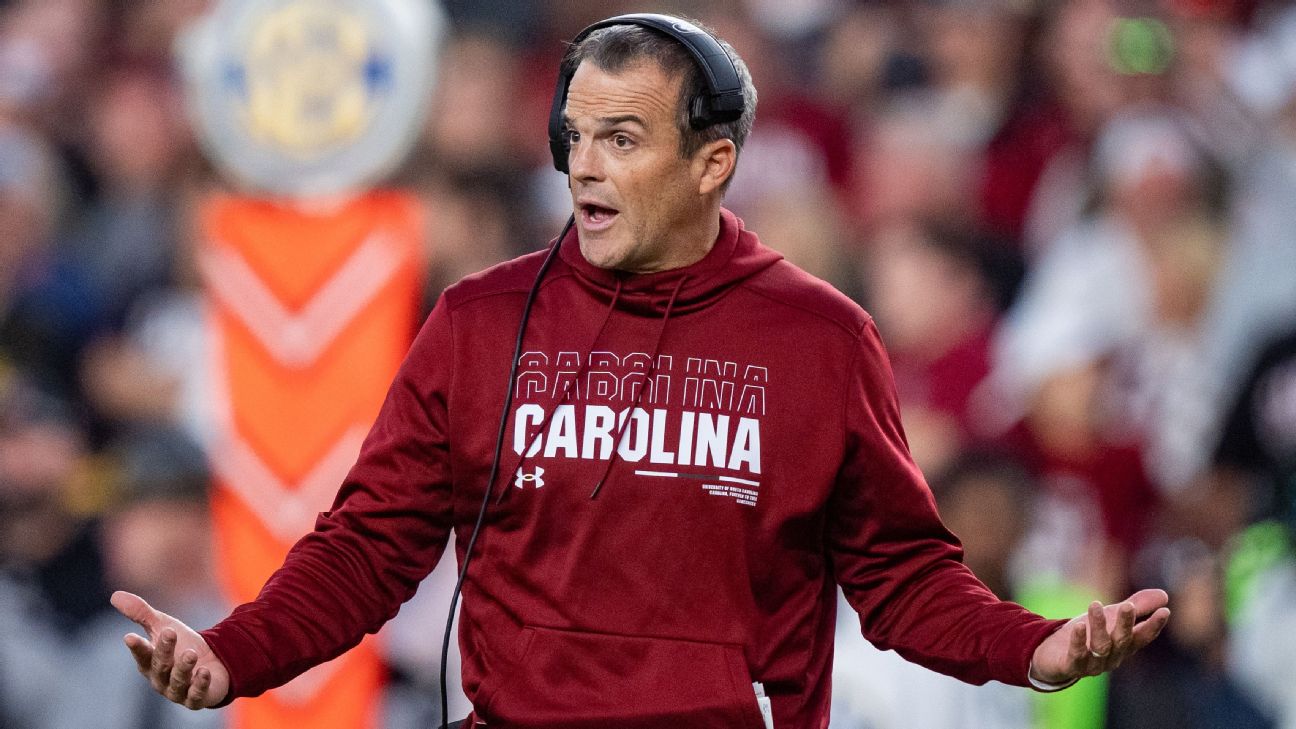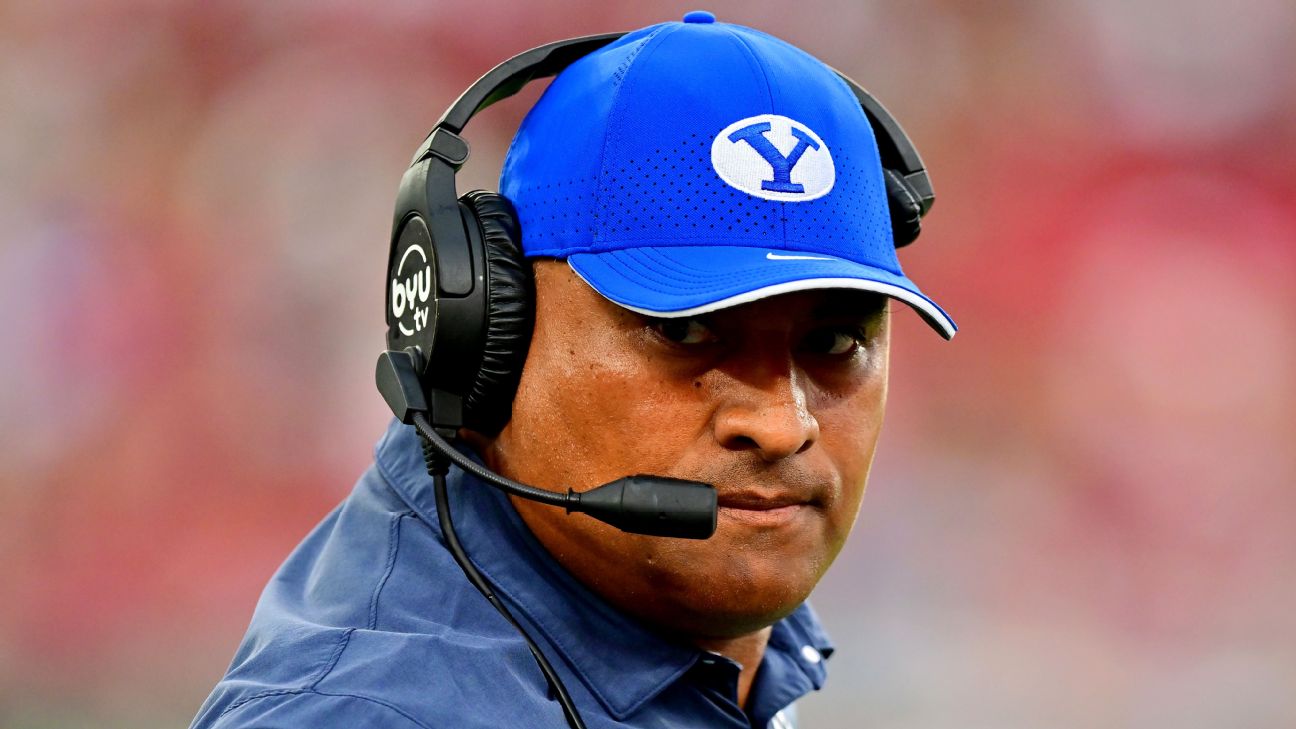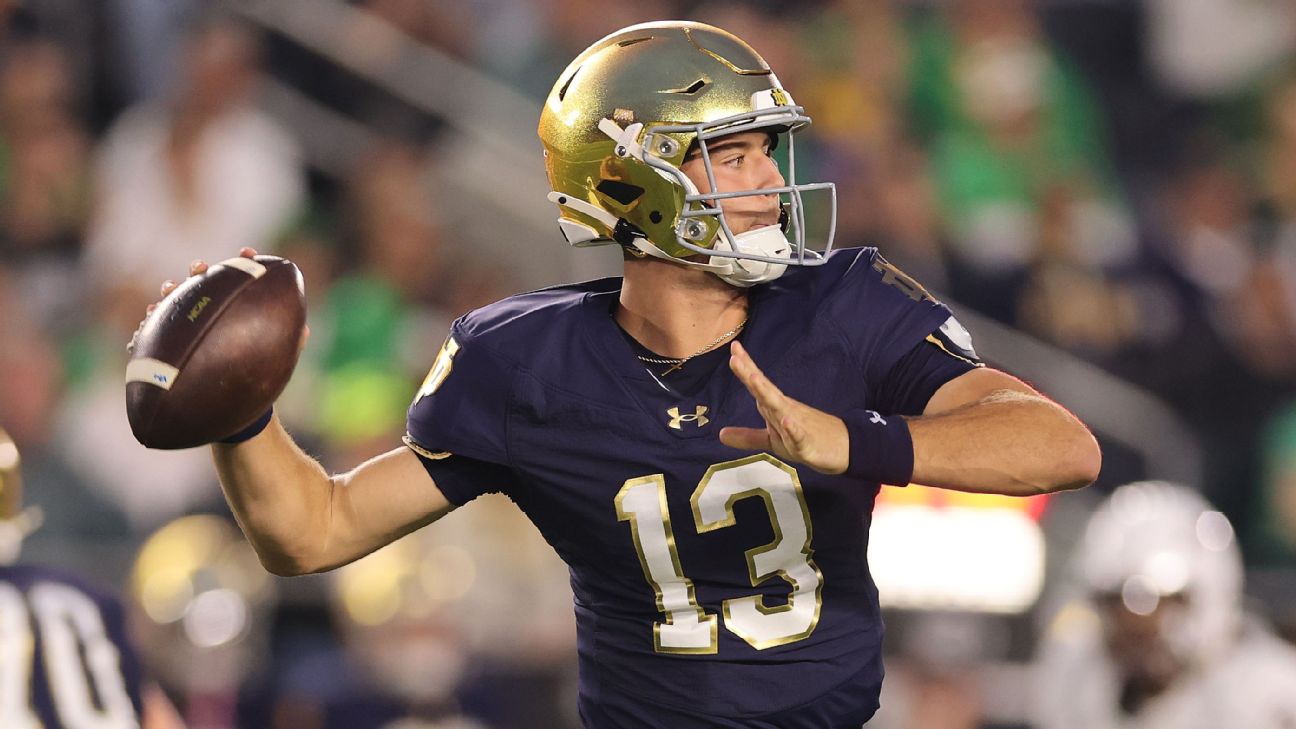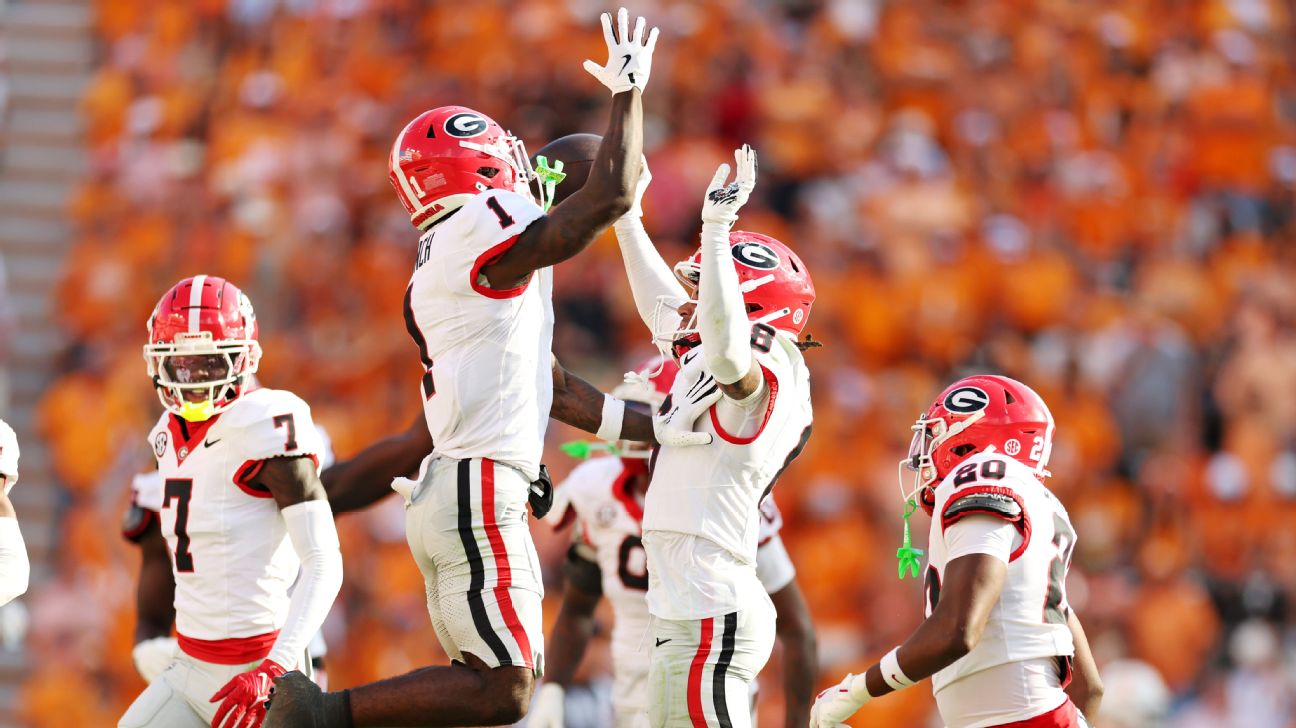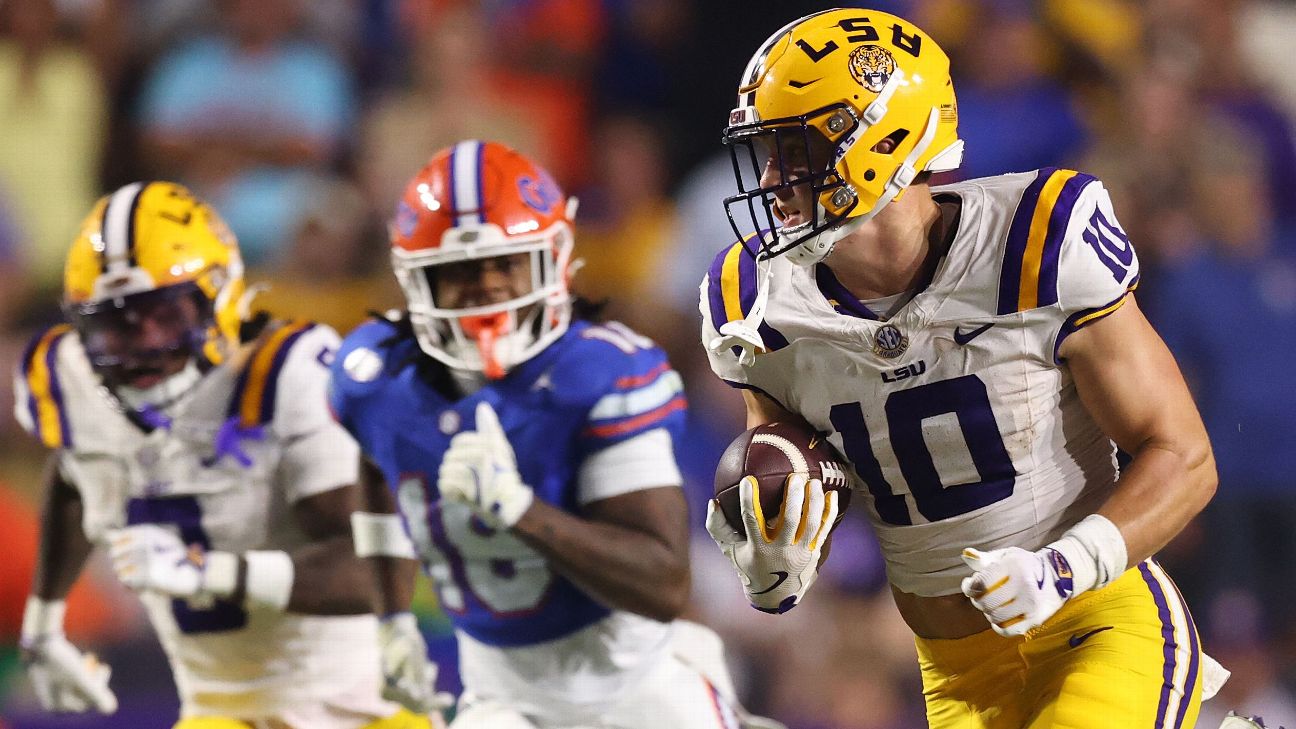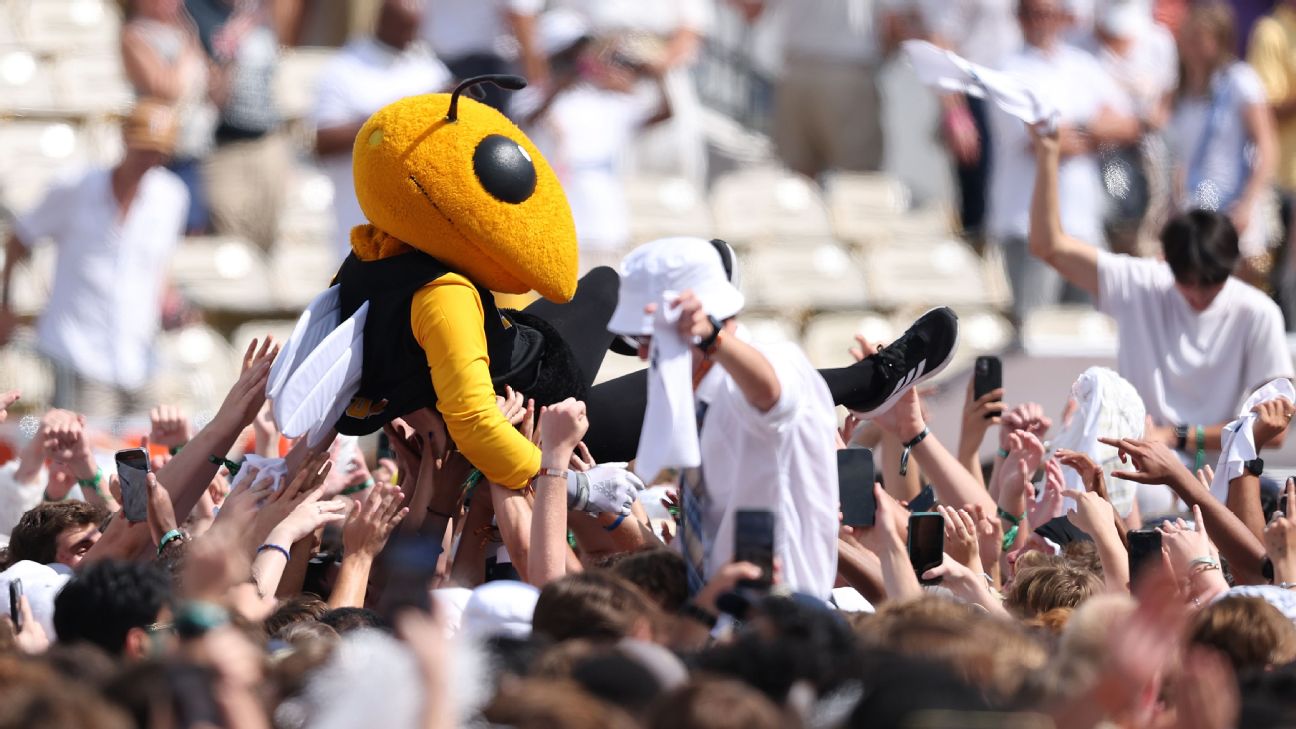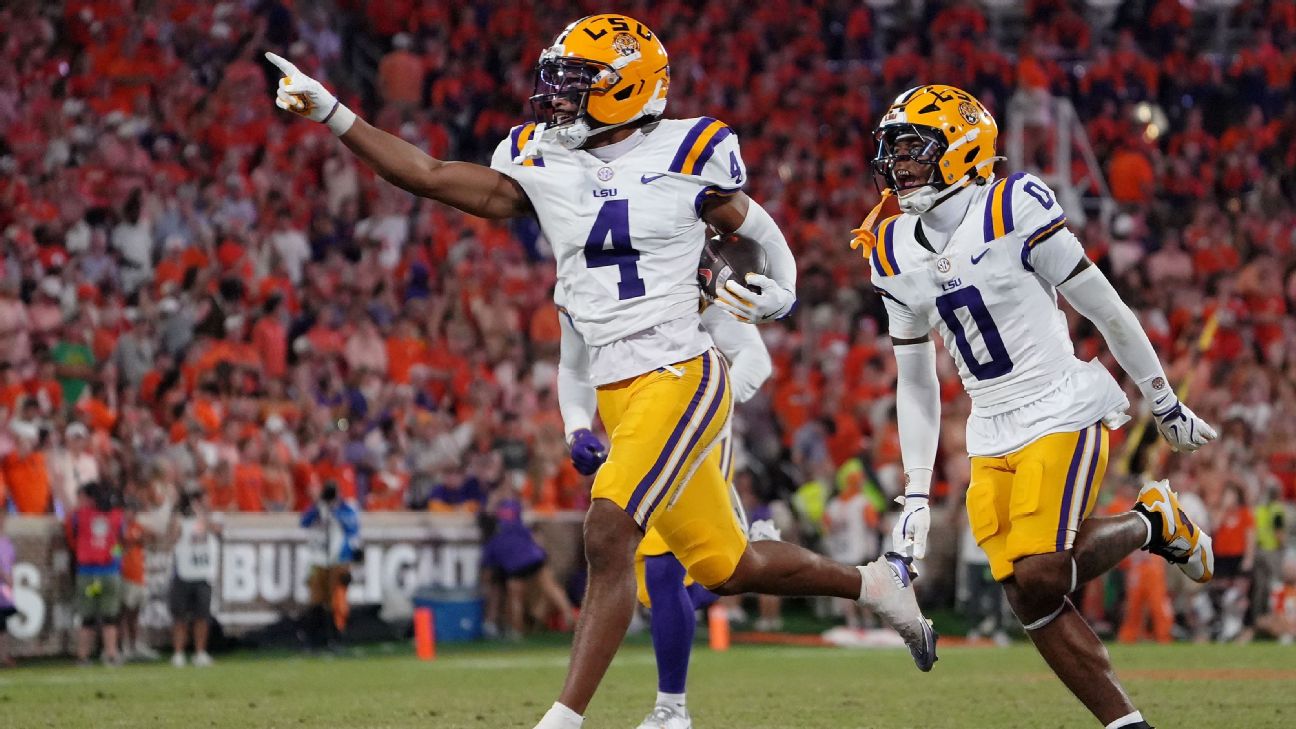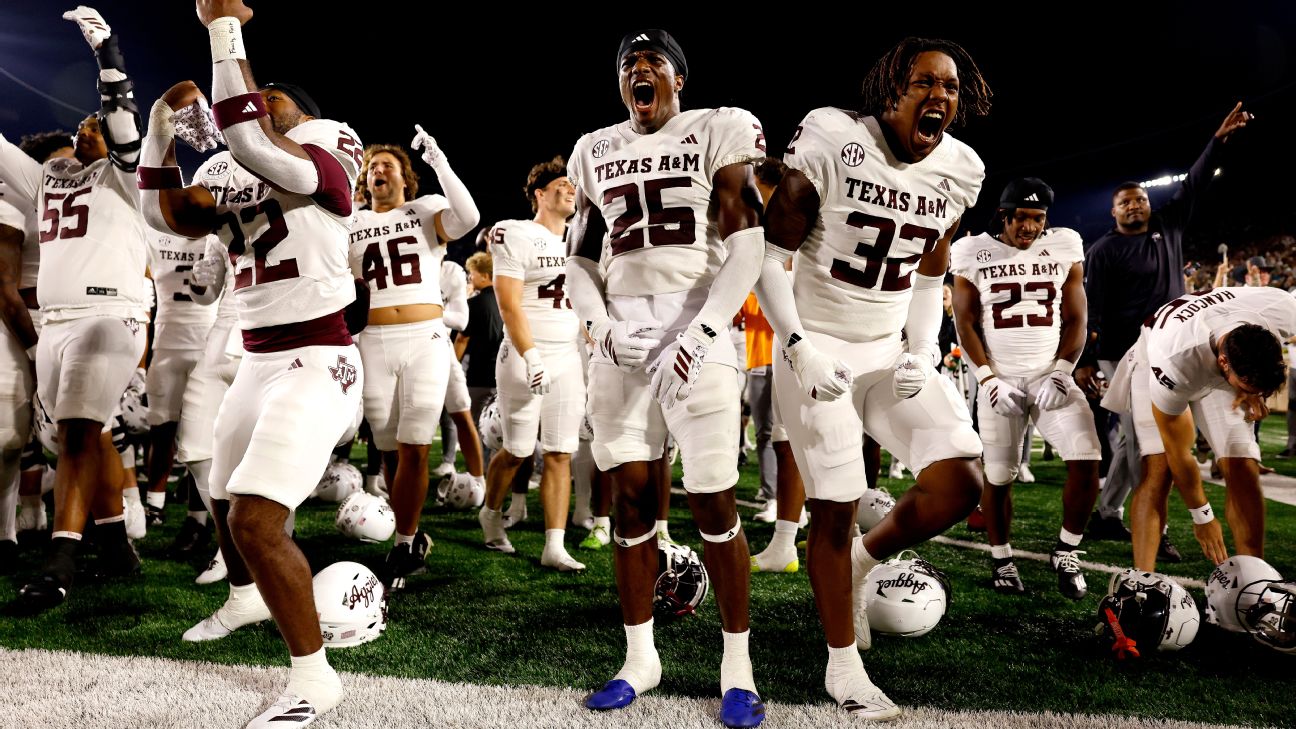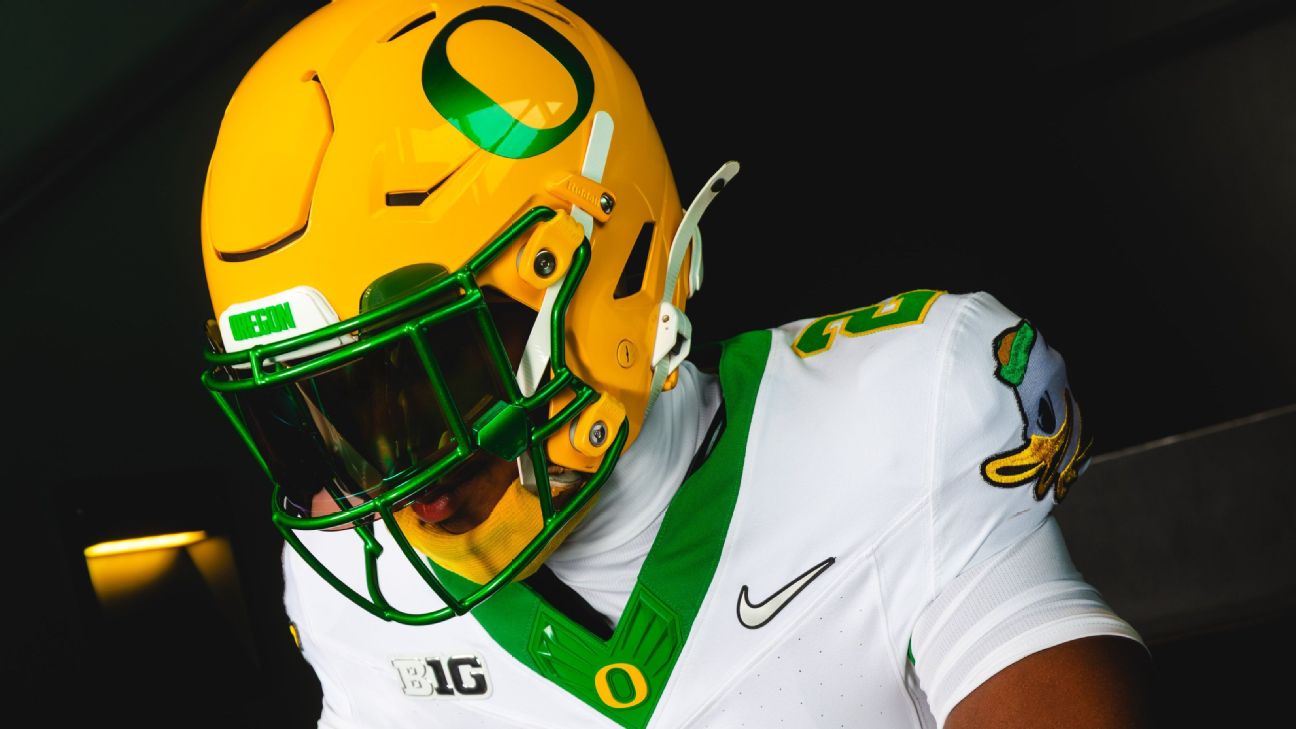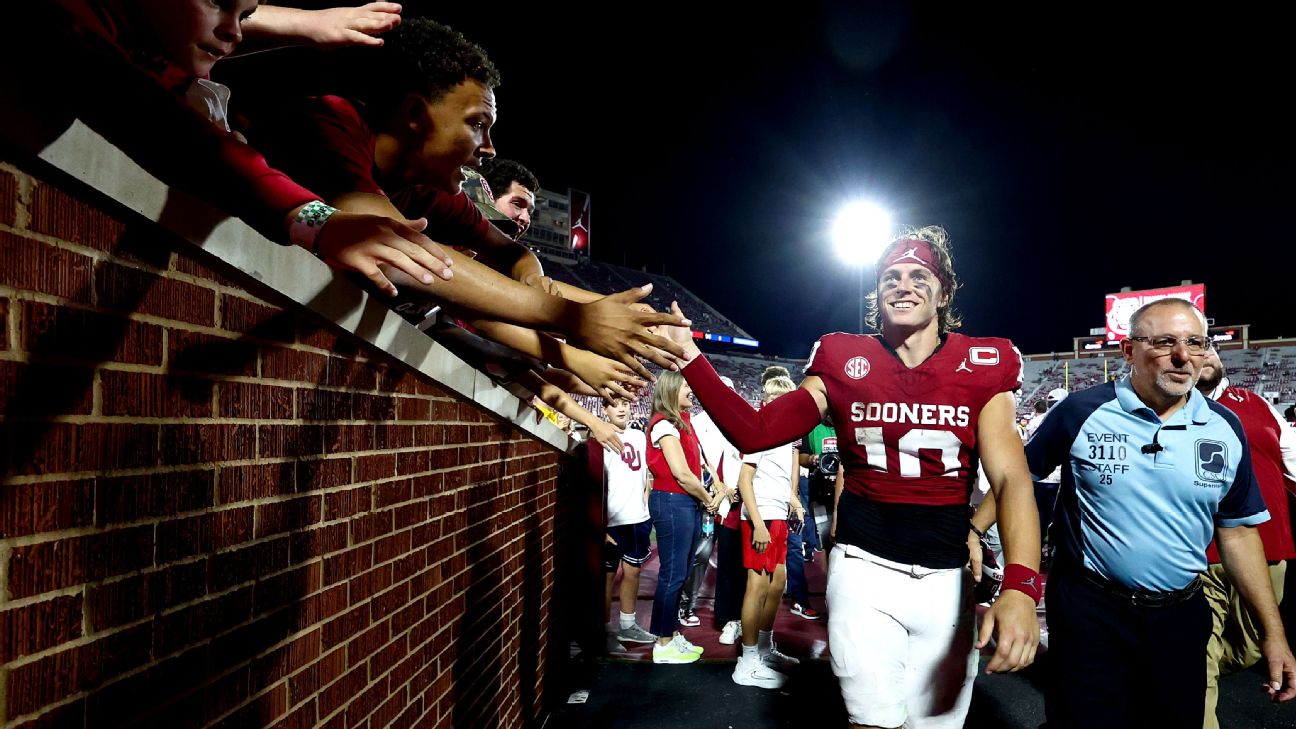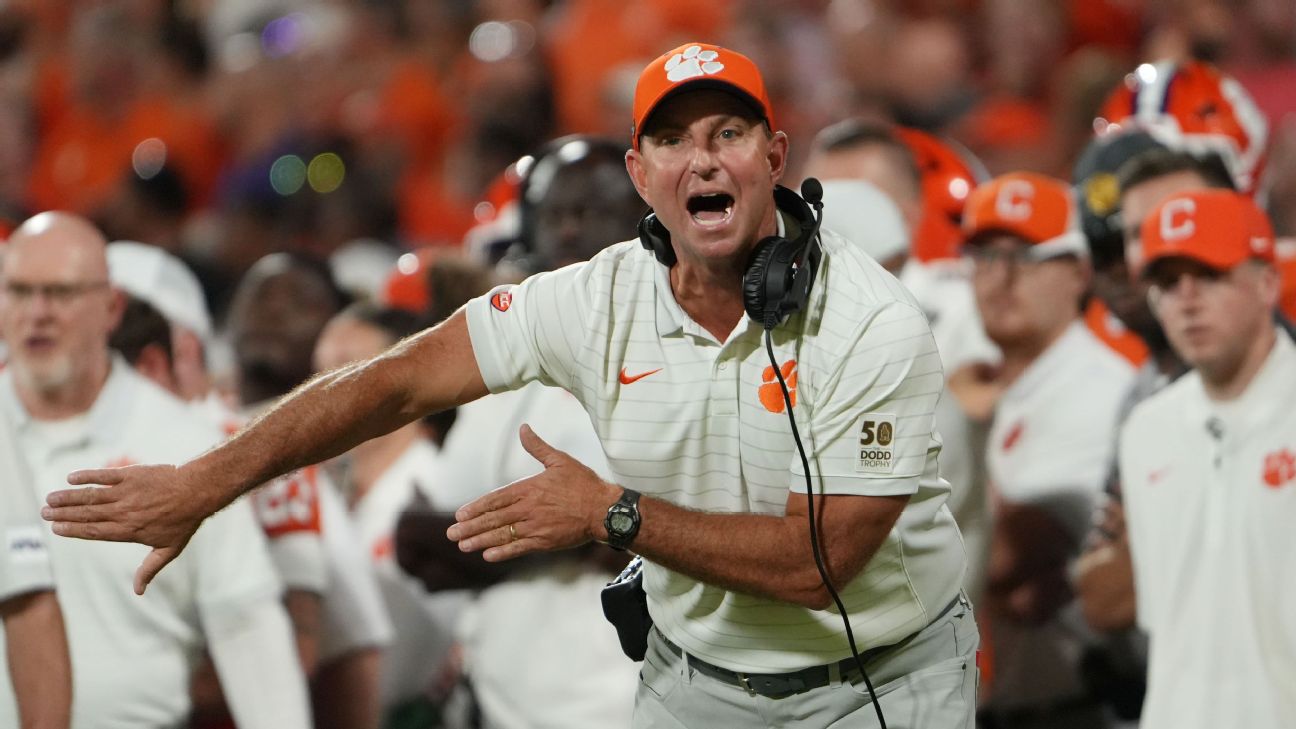NCAAF Leaders Optimistic About NIL Rule Enforcement Post-Settlement
NCAAF conference commissioners express confidence in enforcing NIL rules following a landmark legal settlement, aiming for stability and fairness in college sports.
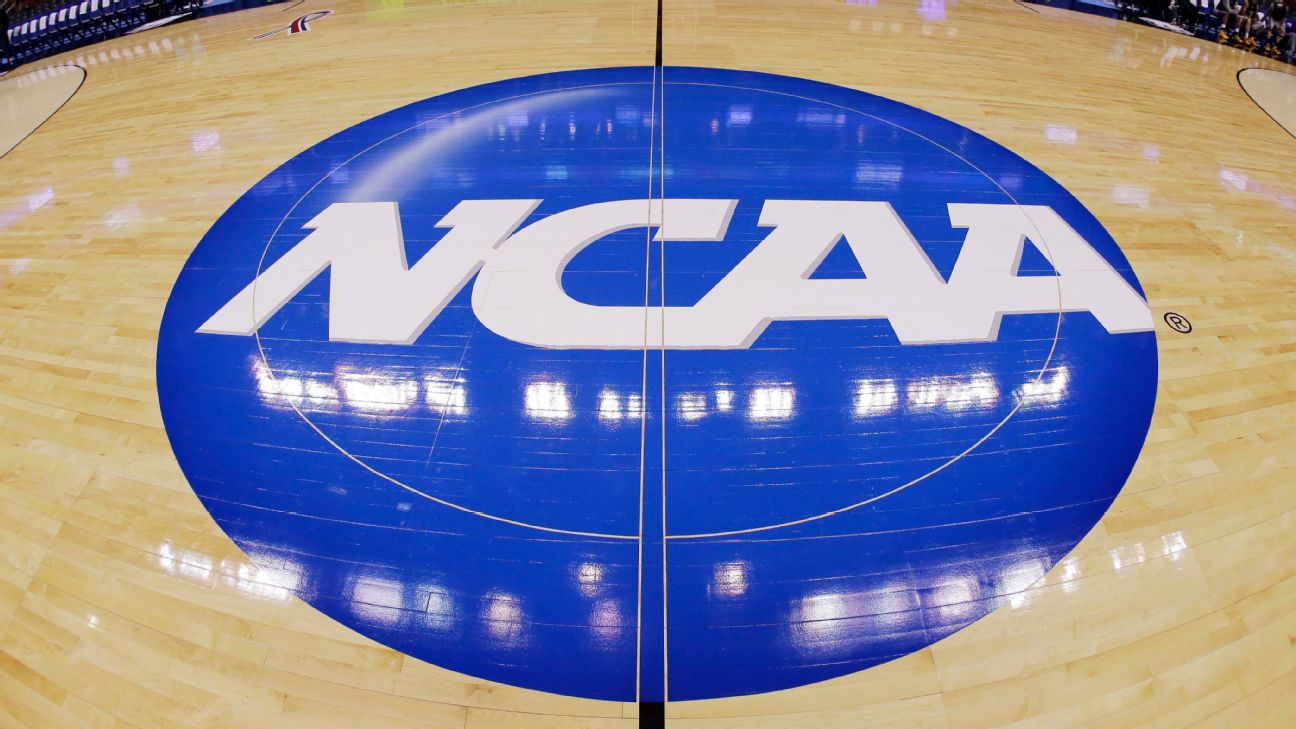
Following a groundbreaking multibillion-dollar legal settlement that allows schools to directly compensate their athletes, NCAAF conference commissioners are expressing strong confidence in their ability to enforce Name, Image, and Likeness (NIL) rules under a new system. Despite the lack of clarity on specific penalties, the leaders are optimistic about the future of college athletics.
New Leadership and Enforcement
Bryan Seeley, a former MLB executive, has been appointed as the CEO of the newly established College Sports Commission. His primary role will be to oversee the enforcement of new regulations concerning revenue sharing, third-party payments for NIL deals, and roster limitations.
Challenges and Expectations
ACC commissioner Jim Phillips, alongside other prominent commissioners, emphasized the ongoing development of these rules. "We're in the process of developing some of those rules and structure and overall implementation of that," Phillips stated. The introduction of Seeley is expected to accelerate these efforts.
Financial Implications
The annual cap for payments is set to begin at $20.5 million per school in the 2025-26 academic year, with incremental increases over the next decade. These payments will supplement existing scholarships and benefits for athletes.
Monitoring and Compliance
LBi Software and Deloitte have been tasked with managing the salary cap and overseeing the NIL clearinghouse, known as NIL Go. This platform will ensure that NIL deals are legitimate and not used as recruiting incentives.
Call for Congressional Support
The commissioners unanimously agreed on the necessity of congressional assistance to establish national standards. SEC commissioner Greg Sankey highlighted the importance of preempting state laws to maintain consistency across national championships.
A New Era for College Sports
Despite numerous unanswered questions, Phillips believes that the new model brings much-needed stability and fairness to student-athletes. "We're now going to have a foundation and structure laying out those rules," he said, signaling a transformative period in college athletics.












